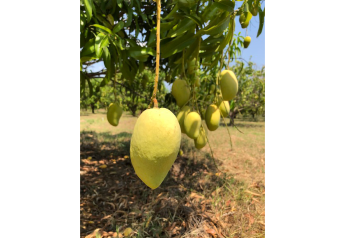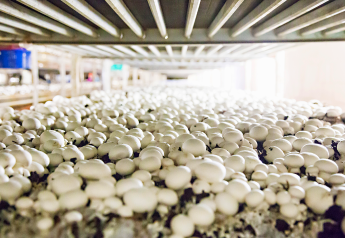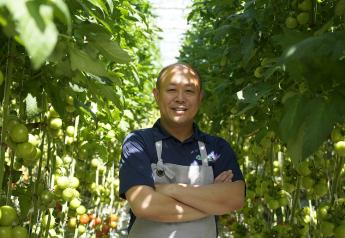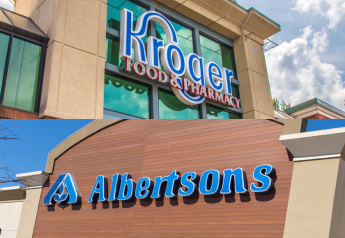Advocates aim to scale up food recovery efforts in San Francisco
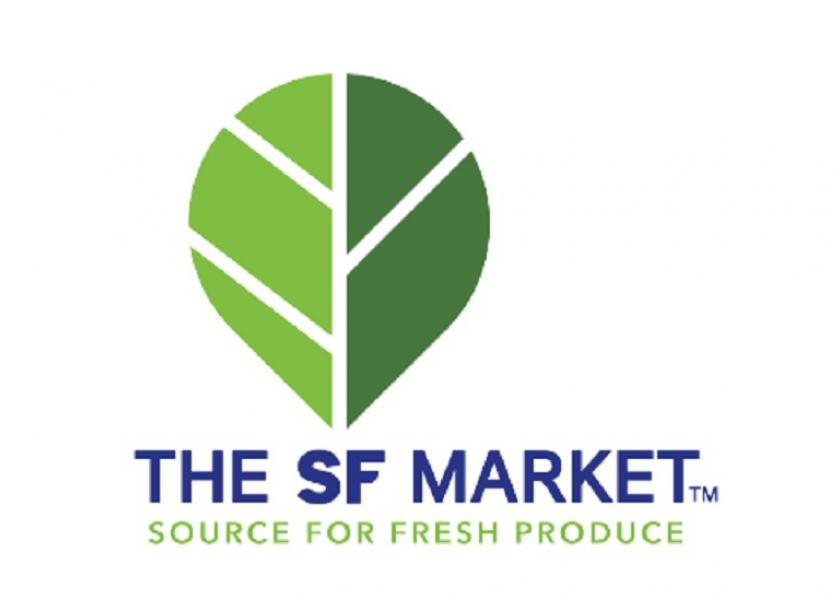
San Francisco Supervisor Shamann Walton has announced a major expansion in San Francisco’s edible food recovery initiatives with his “Edible Food Recovery and Organic Waste Collection Ordinance,” and the SF Market is playing a role.
The 23-acre SF Market is a wholesale produce market in San Francisco, with 28 vendors employing more than 1,000 workers, according to the market website.
The proposed legislation, according to a news release, will implement and enforce local compliance of California State Senate Bill 1383 and significantly increase edible food recovery and redistribution.
Walton’s proposed ordinance is before the board of supervisors on June 13 for consideration, the release said. Walton’s legislation follows the San Francisco Department of the Environment’s Kitchen Zero SF program, which recovered over 3.2 million pounds of edible food (approximately 2.7 million meals) from June 2019 to March 2022, according to the release.
"We are proud and honored to participate in this incredible effort, which ensures that San Francisco food businesses are part of the solution to both food waste and food insecurity in our community," Carolyn Lasar, food recovery coordinator at the SF Market, said in the release.
Funded with a CalRecycle grant, Kitchen Zero SF piloted SB 1383 compliance activities through partnerships with food-generating businesses and over 50 nonprofits and food pantries, the release said.
The recovered food was redistributed to residents in need and provided a critical resource during the COVID-19 pandemic.
“My new legislation builds upon established, successful programs that already feed our communities' most vulnerable residents by allowing the San Francisco Department of Environment to implement SB 1383 and significantly increase the amount of edible food that is recovered here in the city and redistributed to those most in need,” Walton said in the release.
Food recovery imperative
Recovering edible food is an environmental and humanitarian imperative, the release said. Food that improperly ends up in the landfill releases methane, a harmful greenhouse gas, which is more potent than carbon dioxide at trapping heat.
In 2016, Gov. Jerry Brown signed into law SB 1383, which took effect January 2022, according to the release.
Walton’s legislation, the release said, implements CalRecycle’s SB 1383 requirements locally and allows the city to conduct education and enforcement, the release said. These mandates require targeted commercial food generators to recover and donate the maximum amount of edible surplus food that would otherwise be disposed of (composted or landfilled) to feed those in need. This goal was inspired in part by San Francisco’s success supporting edible food recovery.
Two tiers of food generators are impacted by SB 1383. Beginning January this year, 172 businesses in tier 1, including supermarkets, grocery stores, wholesalers, food service providers and food distributors, must comply, according to the release.
Starting in 2024, the new law impacts tier 2, with an additional 500 businesses such as large venues and events, educational institutions with cafeterias, hotels with 200-plus rooms and food service, health facilities with 100-plus beds and an on-site food facility, and restaurants with 5,000 or more square feet or 250 or more seats.
Besides generators, food recovery service providers (approximately 10 collectors and transporters of recovered food) and food recovery organizations (approximately 374 food pantries, shelters and other food distributors) are also impacted by the state law, the release said. They are required to sign agreements with donors and to report the pounds of edible food recovered.
For more information, please visit sfenvironment.org/SB-1383.


